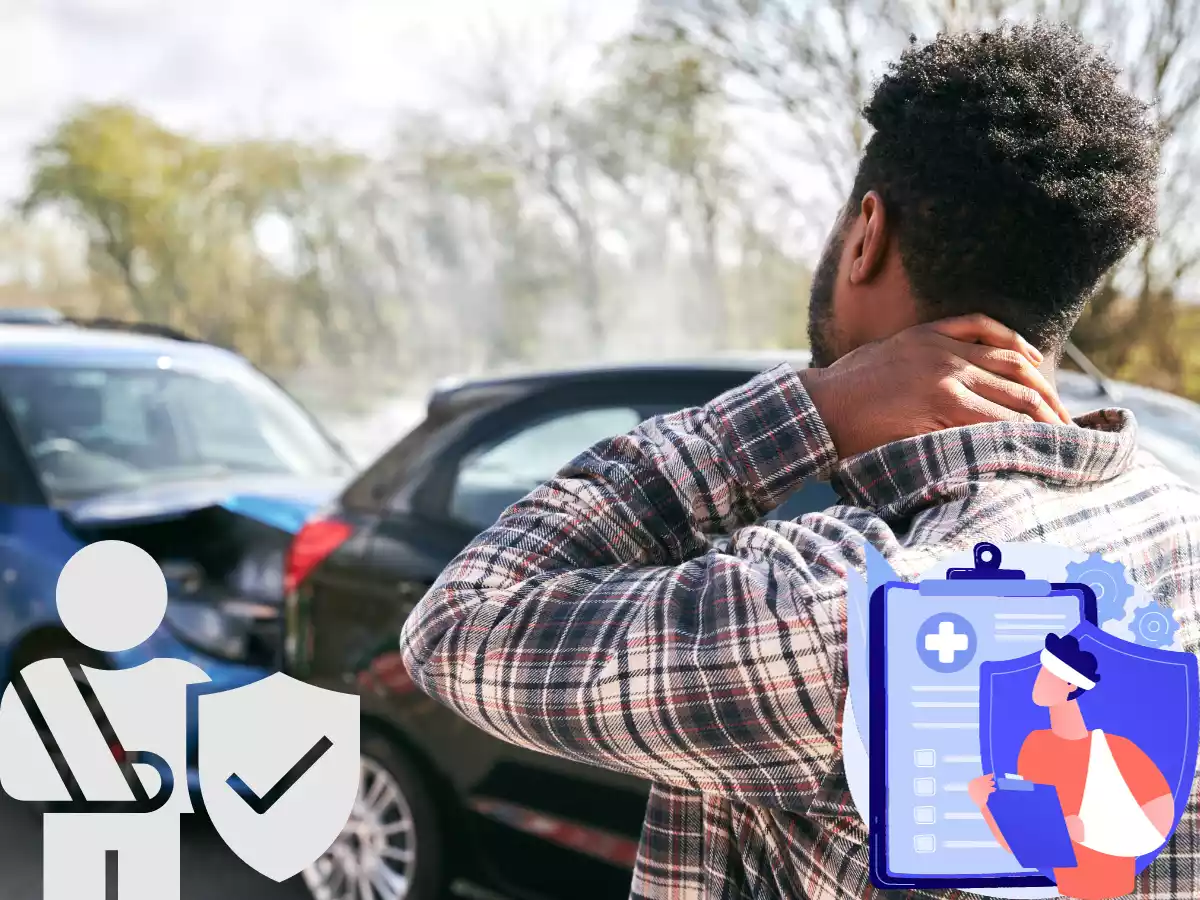Car accidents can be both emotionally and financially taxing experiences. Aside from the immediate concerns of injuries and vehicle damage, one common worry is the impact on your auto insurance rates. If you’re found at fault in an accident, it’s natural to wonder, “How much will my insurance go up?” In this comprehensive guide, we will delve into the factors that influence your insurance premium after an at-fault accident and provide you with valuable insights on what to expect.
Understanding At-Fault Accidents
What Constitutes an At-Fault Accident?
Before we dive into the financial implications, it’s essential to understand what qualifies as an at-fault accident. An at-fault accident occurs when you are primarily responsible for causing the collision. This determination is usually made by your insurance company after a thorough investigation of the accident.
Factors Considered in Determining Fault
Several factors come into play when assessing fault in an accident. These include:
1. Police Reports and Witness Statements
The police report and statements from eyewitnesses can carry significant weight in determining fault. These documents help establish the sequence of events leading to the accident.
2. Traffic Laws Violations
If you or the other party involved violated any traffic laws leading up to the accident, it can impact the determination of fault. Running a red light or speeding, for instance, can shift the blame.
3. Insurance Company Investigations
Both insurance companies involved conduct their investigations. They will review accident details, inspect damage, and assess liability. Their findings can influence the determination of fault.
The Impact on Insurance Premiums
Immediate Rate Increase
One thing to be prepared for is an immediate increase in your insurance premium. This increase can vary depending on several factors:
1. Severity of the Accident
Accidents resulting in significant damage or injuries are likely to lead to more substantial rate hikes.
2. Previous Accident History
Your insurance company may consider your past accident history. If you’ve had recent accidents, your rate increase may be higher.
Long-term Consequences
While the immediate increase is a concern, the long-term consequences are equally important to understand.
1. Duration of Rate Increase
Typically, an at-fault accident can affect your insurance rates for three to five years. During this time, you will likely pay higher premiums.
2. Loss of Discounts
Accidents can also lead to the loss of safe driver discounts, which can further drive up your premiums.
Strategies to Mitigate the Increase
1. Accident Forgiveness Programs
Some insurance companies offer accident forgiveness programs, which protect your rates from increasing after your first at-fault accident. Check if your insurer provides this option.
2. Defensive Driving Courses
Completing a defensive driving course can sometimes qualify you for a discount, offsetting the rate increase.
3. Shop for a New Policy
Consider shopping for a new insurance policy if your rates increase significantly. Different companies have varying approaches to handling accidents, and you may find a more affordable option.
Conclusion
In summary, the impact on your insurance rates after an at-fault accident can be substantial. While the initial rate increase is almost inevitable, there are strategies to mitigate the long-term financial consequences. Being aware of these factors and taking proactive steps can help you navigate the challenges and keep your insurance costs manageable.
FAQs
1. Will my insurance always increase after an at-fault accident?
No, not necessarily. The severity of the accident, your previous driving history, and your insurance company’s policies all play a role in determining the extent of the increase.
2. Can I switch insurance companies after an at-fault accident?
Yes, you can switch insurance companies, but it’s essential to compare quotes carefully. Some companies may be more forgiving of accidents than others.
3. How long does an at-fault accident stay on my driving record?
Typically, an at-fault accident remains on your driving record for three to five years, depending on your state’s regulations.
4. Are there ways to expedite the rate recovery process?
Improving your driving habits, maintaining a clean record, and taking defensive driving courses can help you recover your rates faster.
5. Is it worth filing a claim for a minor accident?
It’s essential to weigh the cost of repairs against the potential rate increase. Sometimes, paying for minor repairs out of pocket can be more cost-effective in the long run.
Read more:https://wink24news.com/
More related
- best health insurance for visitors to usa with pre-existing conditions
- what health insurance covers 100 percent in usa
- how much does a broken arm cost without insurance
- how much does a foot cast cost without insurance
- hgi insurance reviews
- which otterbox is the most protective
- can you get car insurance the same day of an accident
